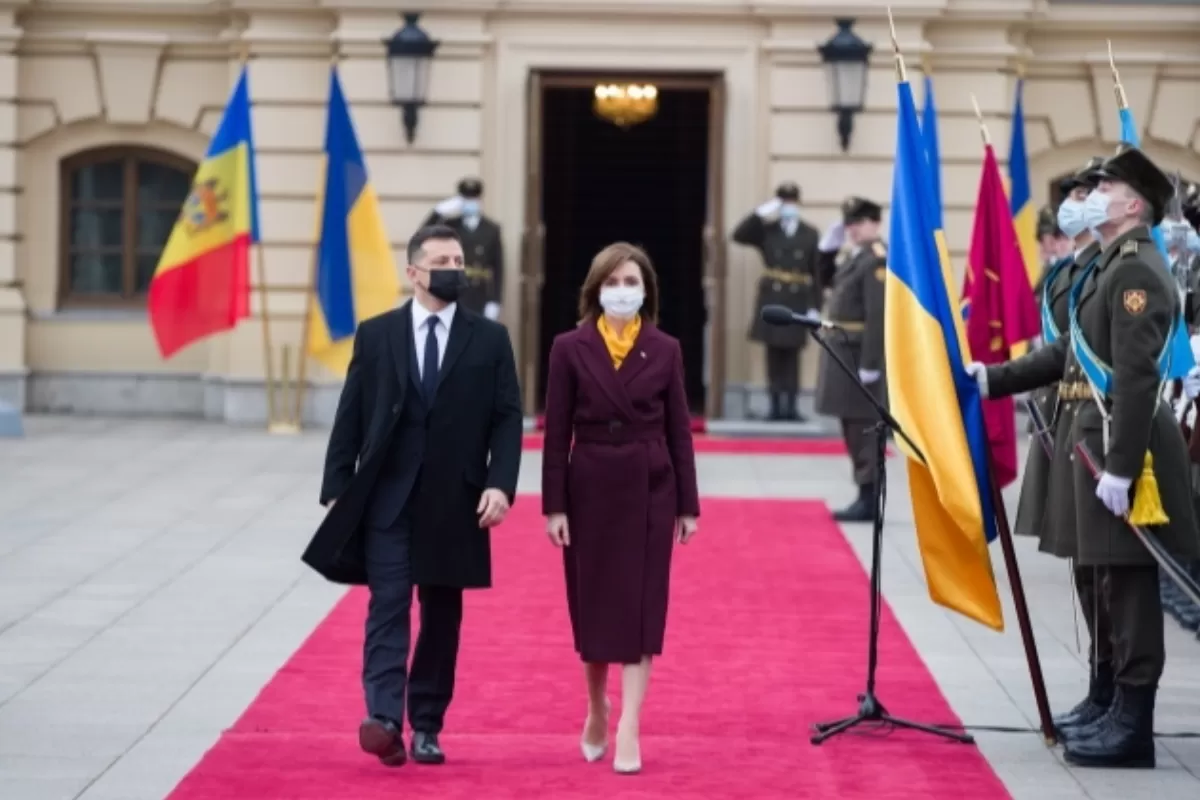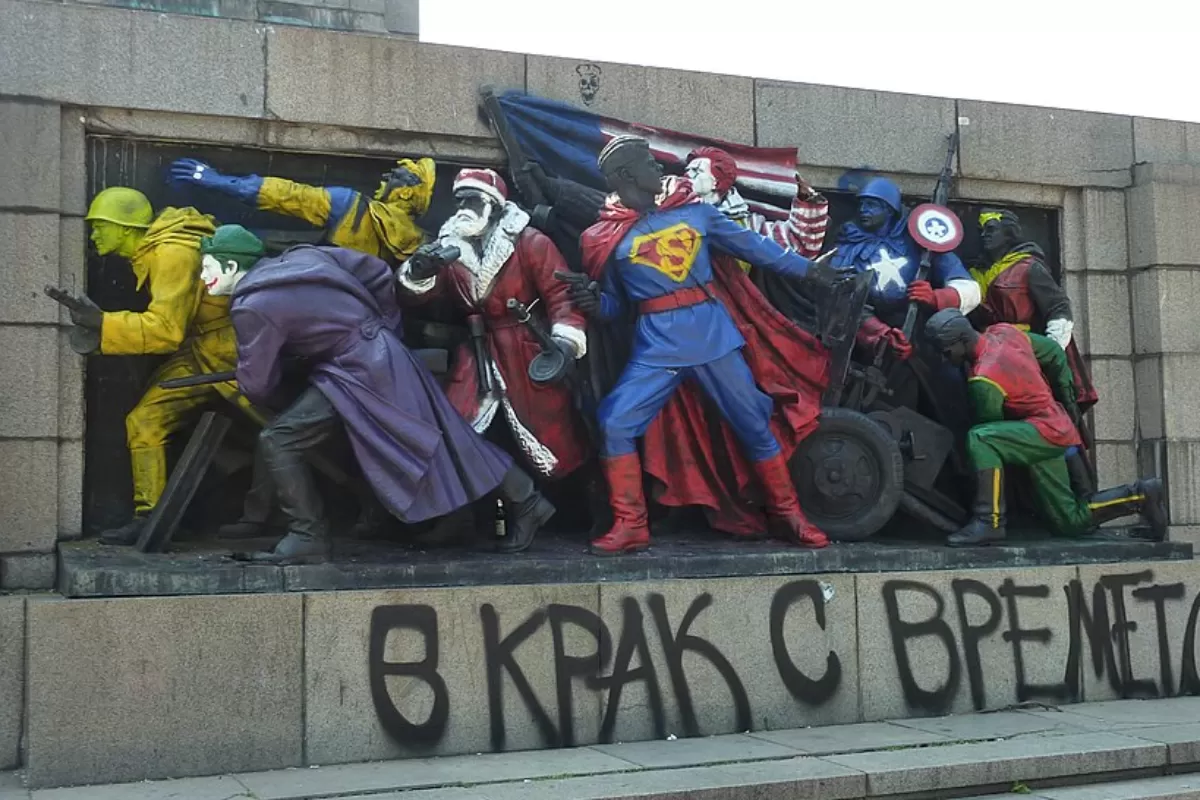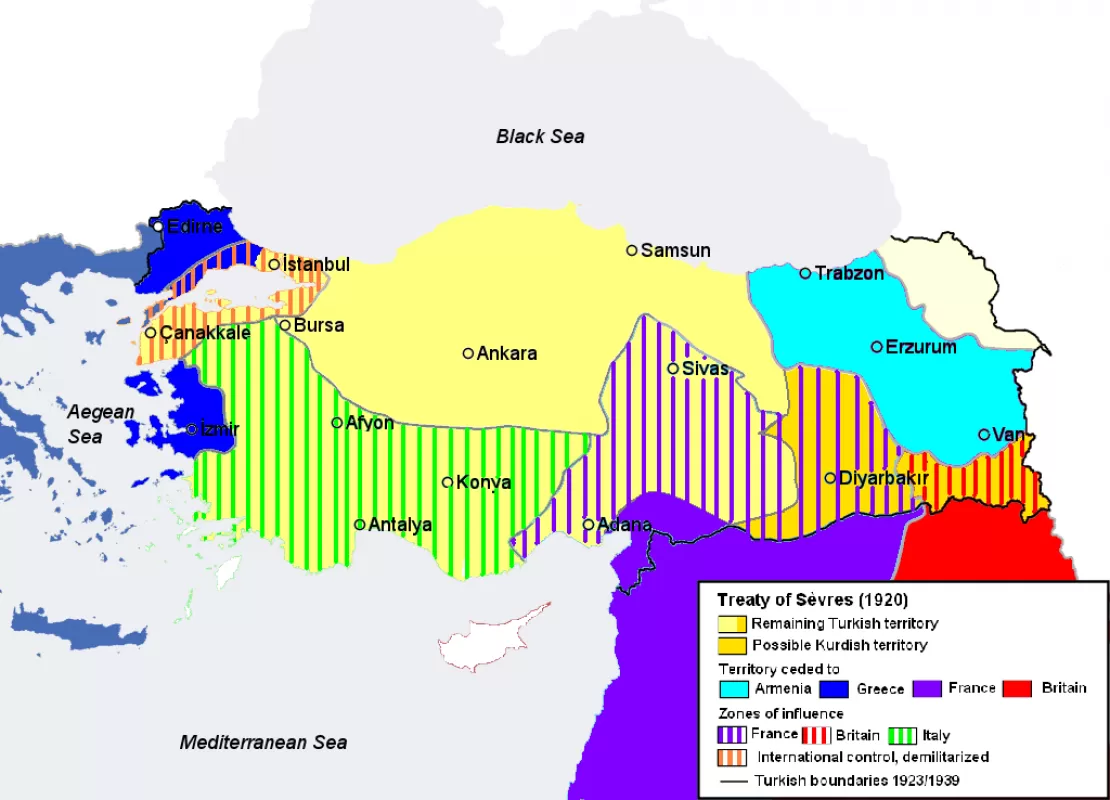
Conspiracy theories seem to have gained fresh impetus these days, being often used as part of disinformation campaigns. Their latest champions representatives of the media, the political class and the Church, and this gives a credibility boost and false legitimacy to these theories.

The Middle East seems to be undergoing an all-encompassing reset. One at a time, Arab nations are making their pace with Israel. Monarchies in the Gulf are trying to settle old scores. Radical groups shore up old alliances. Iran gets pushed back after over a decade and a half of expansions. The highlights of the 2000s were the outcome of the attack of the al-Qaeda network on the United States, while those of the following decade the result of the Arab Spring. In the East, the third decade is marked by the political will of its leaders.

They say that big fences make good neighbors, but this doesn’t apply that well in politics. That’s the principle that guided Maia Sandu, who paid her first visit to Kiev as president.

With only 20-30% of the population determined to get vaccinated against Covid at first call, Romania is at the bottom of the ranking, alongside France, a vaccine-skeptical country by tradition (and proud of it). We are tempted to blame domestic and foreign propaganda, the influence of the church or the manipulation of political leaders with personal agendas. But we too easily ignore the structural conditions that make us vulnerable not only to anti-vaccination campaigns, but in general to the understanding of a growing number of complicated phenomena, which, because of modernity and the Internet, come upon us in real time, leaving us no space to breathe.

Once Moscow’s most reliable satellite in Eastern Europe, Bulgaria expelled six Russian diplomats for spying since October 2019. Is Sofia trying to step out of Moscow’s shadow, or merely creating a smoke screen for affairs on a different level?

Russia uses an aggressive rhetoric to disguise its lack of ideas and even real interest in Moldova. Transnistria – a pawn for future exchanges, tightly controlled by the Sheriff

Trump’s pardoning of people close to him has sparked massive protests in the United States, backed in particular by Democratic politicians. The Blackwater Guard pardon also triggered a UN response. Taken a year after Trump pardoned a Navy Seal accused of war crimes during the military campaign against the Islamic State, the decision will only rekindle old resentments against the United States, dating back to the war in Iraq in the 2000s.

Ukraine wants to become an energy powerhouse at the Dniester, but this is affecting Moldova's water reserves and may even affect Romania

Romania must commit to supporting reforms in Moldova through a new "Snagov pact"

The clandestine war against the Iranian nuclear program seems to intensify as Teheran is replenishing its low enriched uranium stocks. Production was resumed in response to the US withdrawal from the nuclear deal. However, it’s not clear whether the ayatollahs are really determined to build a bomb now or they are rather using the threat of a nuclear weapon to get the crippling economic sanctions lifted. The other side is invoking the danger of an atomic bomb, but seems at least as concerned with other Iran related problems that were not addressed by the nuclear deal.

Conspiracy theories in a nationalistic key are being used for decades to justify the primacy of the Turkish state, and lately, of the Erdoğan regime.

If after the Cernobil disaster silence was followed by disinformation and conspiracy theories, now the infodemic – an abundance of false and fake info – is making people no longer trust the media and the authorities.
-image.webp)
The key moments in the recent history of post-communist Romania are unclear. The files of the Revolution, of miners’ raids and the conflict in Târgu Mureș have been classified and reopened periodically. The files have been moved from the military to the civil prosecutor's offices, and the other way round, evidence has disappeared, witnesses have died (some under suspicious conditions) or left the country. Media's efforts to investigate these events have always been marred by monstruous disinformation.

From Hussein’s Martyrdom to the Gulf War, six events that defined the Middle East and are still shaping the way regional stakeholders are acting.